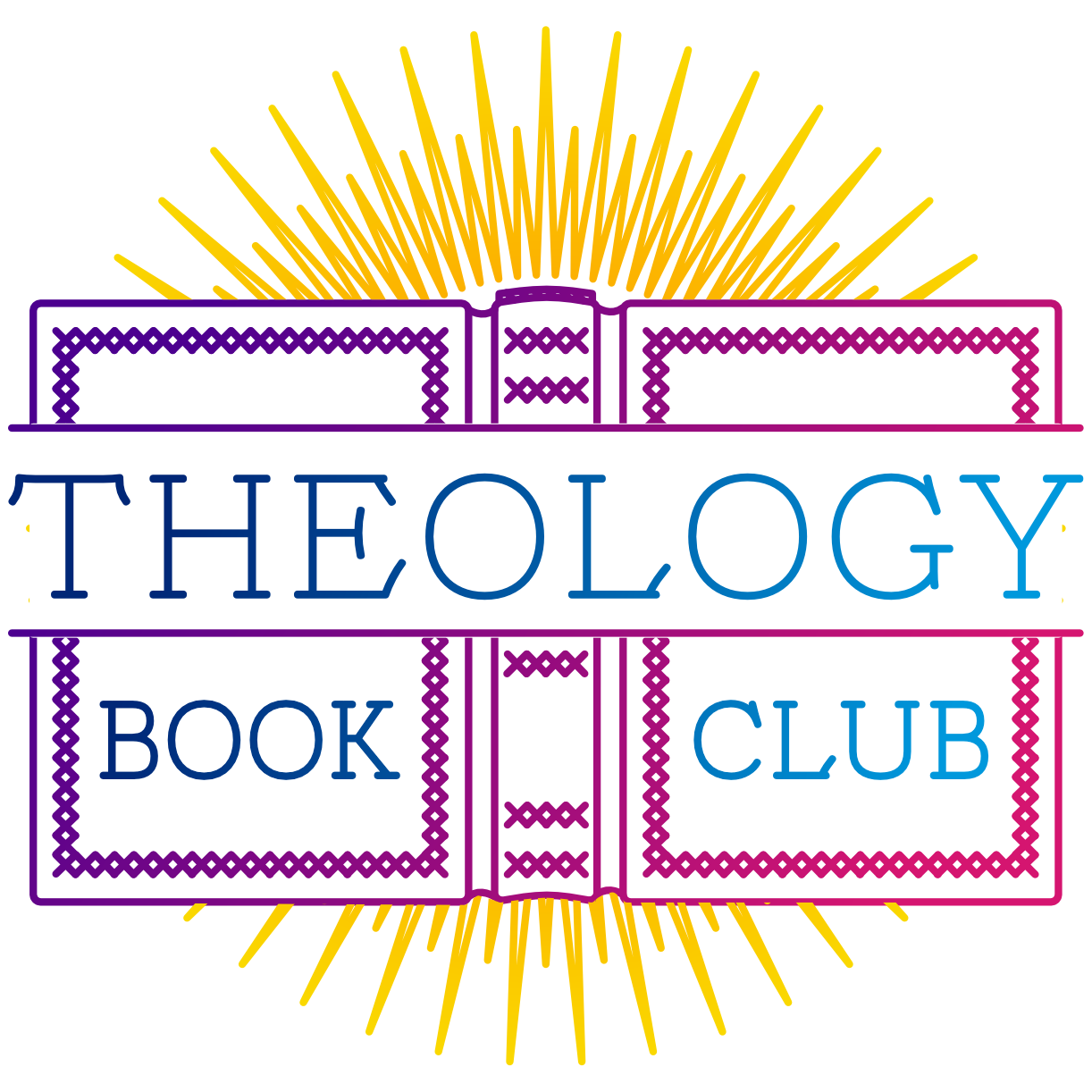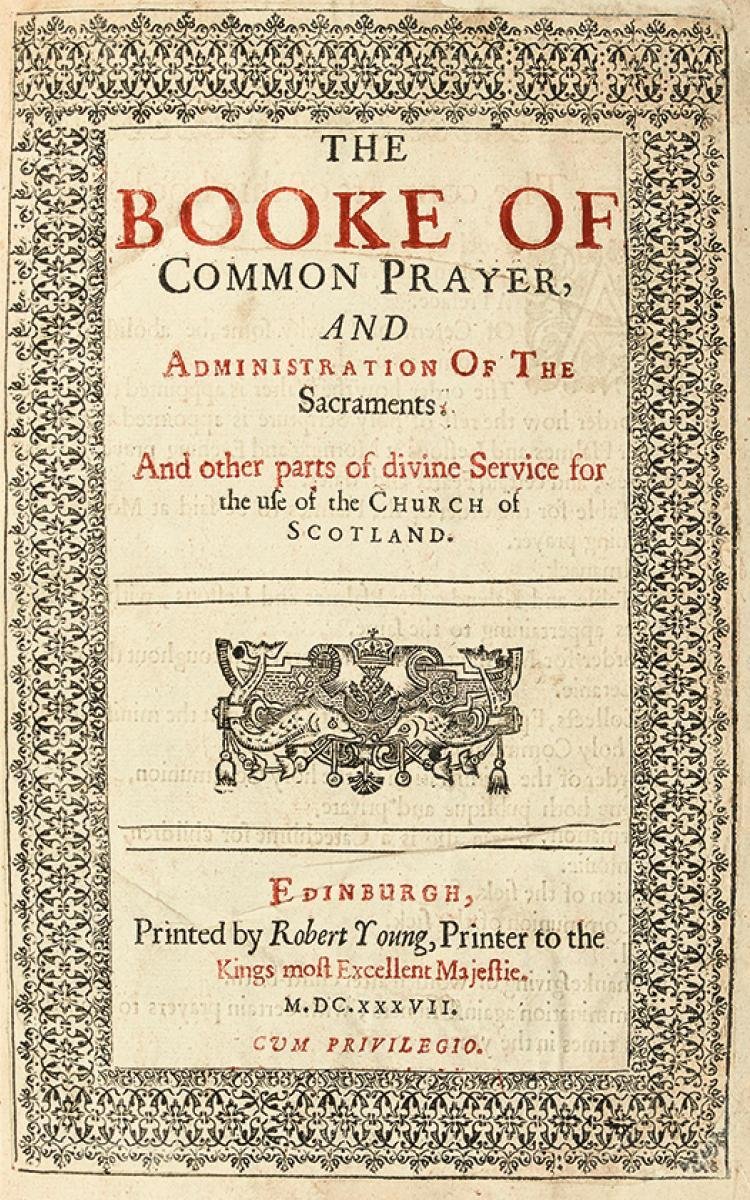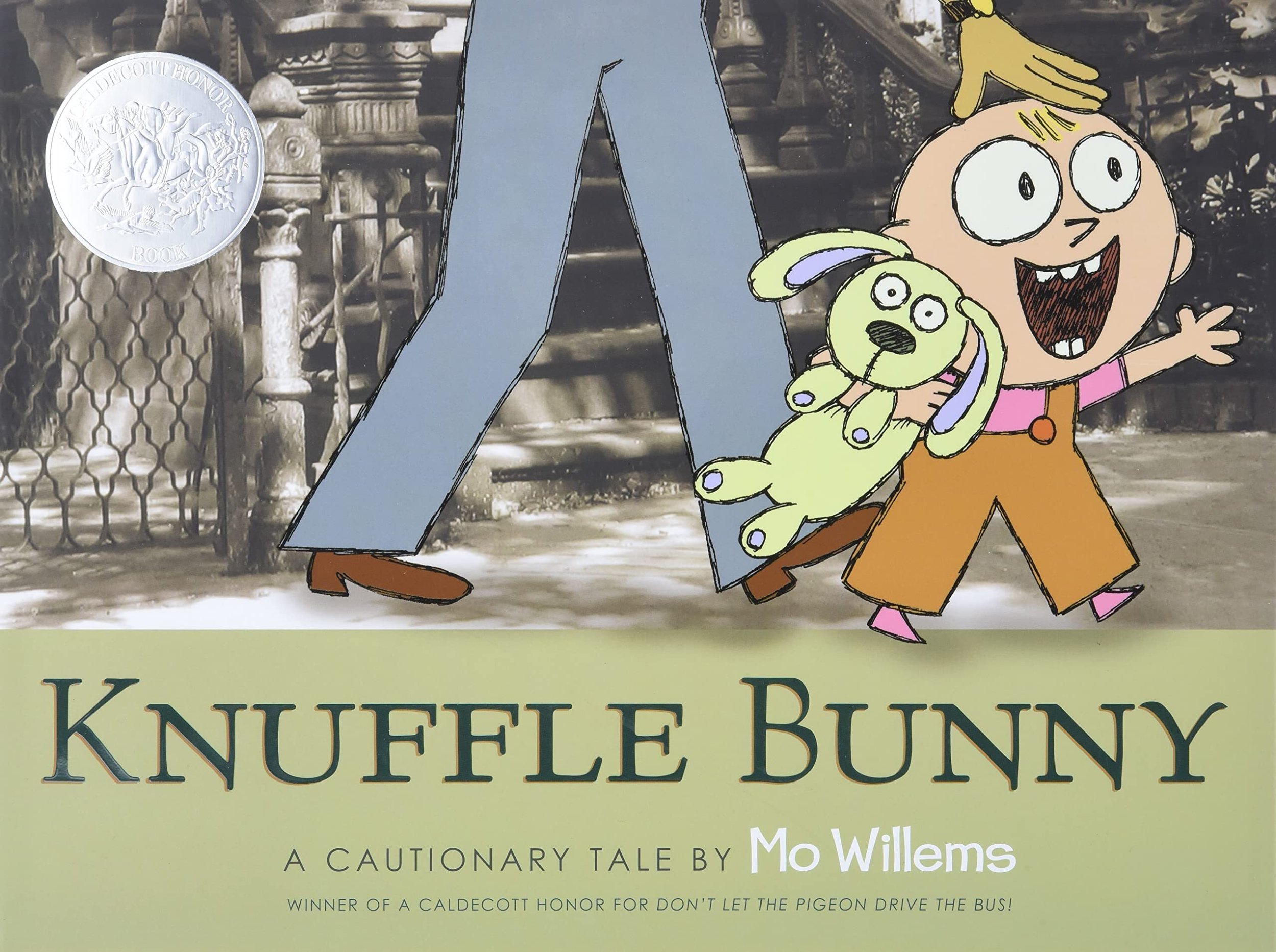In this week’s text from Jeremiah, God makes a promise to watch over the people, to write the law on their hearts, and to be their God. But wait, wasn’t God already God? And weren’t the people already God’s people? Well, yes, but the people forgot God and God’s ways. When God restores them to their home, they will all know God without forgetting because God’s ways will be written on their hearts instead of just on some scrolls. Have you ever experienced something like this?
The great Russian novelist Leo Tolstoy wrote a story called “The Three Questions,” in which he thought about how hard it can be to know the right thing to do. John J. Muth adapted this story for children and illustrated it with his signature watercolors. The main character, Nikolai, wonders, “When is the best time to do things? Who is the most important one? What is the right thing to do?” His animal friends give him answers, but they are unsatisfying. Nikolai goes to visit a tortoise, in the hopes that he will find the answers to his questions. During his visit, he must help the tortoise in his garden and rescue a panda bear and her cub. After these experiences, he discovers that he knows the answers after all. The tortoise (named Leo) explains it this way: “There is only one important time, and that time is now. The most important one is always the one you are with. And the most important thing is to do good for the one who is standing at your side.”
For older readers (teens and adults) who are curious about Tolstoy’s other work, Richard Pevear and Larissa Volokhonsky have completed wonderful and accessible translations of both War and Peace and Anna Karenina.
In this week’s epistle text from 2 Timothy, Paul exhorts Timothy to cling to what he has learned about God and to persevere even if he experiences suffering. Paul focuses the tradition. However, it is also important to remember that God is always doing new things. Last week, at our Youth Led Evening Prayer, Rev. Joanne pointed out that we were experiencing a new thing God is doing in our Parish life – this past Sunday was the first time the Youth of Trinity have fully led an evening prayer service. Barb Rosenstock’s book about Vasily Kandinsky, The Noisy Paintbox, offers another example of making room for creativity and newness. Vasya grows up in traditional Russian society, and his parents are trying to teach him how to be “proper.” When he receives a new paintbox from his aunt, his life changes. As an adult, Vasily Kandinsky pioneered abstract art as a new art form. He was only able to do this new thing by moving away from more traditional art forms. What are some of our traditions in the Episcopal church? How have these traditions changed over time to make room for new things that God is doing?
In this week’s gospel text, Jesus reminds his disciples to pray always. He offers a parable about an unjust judge. This judge did not fear God or care about his neighbors. And yet – he gave justice to a
persistent widow, who asked and asked and asked him to give her justice. This parable is a comparison between lesser and greater things – if even a bad judge can give justice to a persistent claimant, how much more will God (who is unlike the judge because God is both good and just) hear and respond to our persistent prayers. There are a lot of weird aspects to this parable, that make it tricky for children (and adults). Mo Willems’ book, Knuffle Bunny, cuts through the confusion to focus on the importance and the fruit of persistence. When she was very small, Trixie (Willem’s real- life daughter) lost her favorite stuffed animal (The Knuffle Bunny of the title) at the laundromat. Trixie has a problem. She can’t talk yet. But she knows that Knuffle Bunny is missing, and she does everything she can to rouse and alert her parents. Trixie literally does not let her parents sleep until she had her bunny back. (Maybe you parents have similar stories from your children’s infancies and toddler days?) Finally, when they understand the cause of her distress, they run to the laundromat to find the missing bunny. Have you ever prayed for the something persistently? What was that like? Did God respond in the timing or in the way you expected? If you are still waiting on God, what makes you want to give up? What helps you to be persistent without giving up?



























